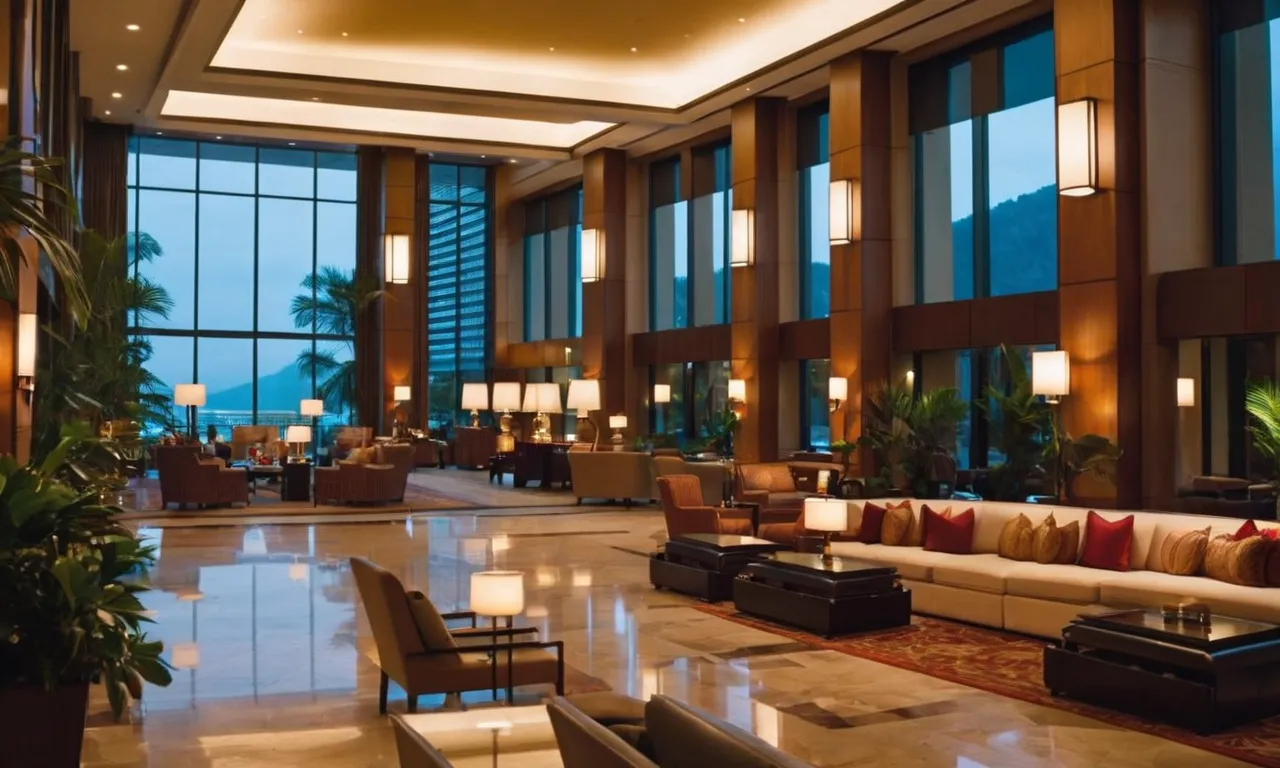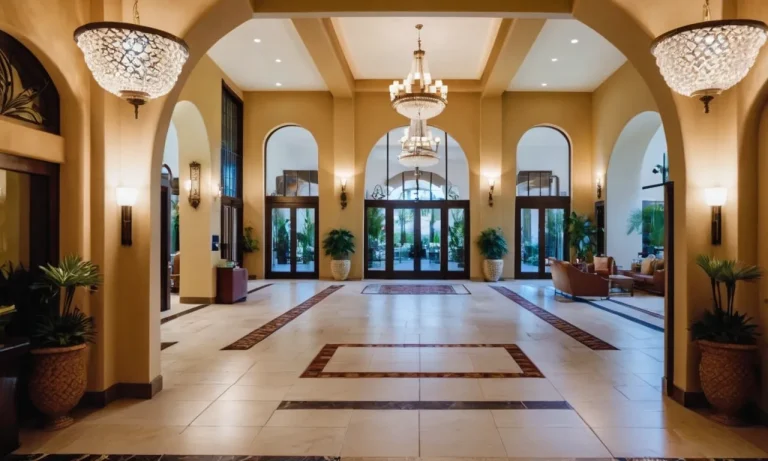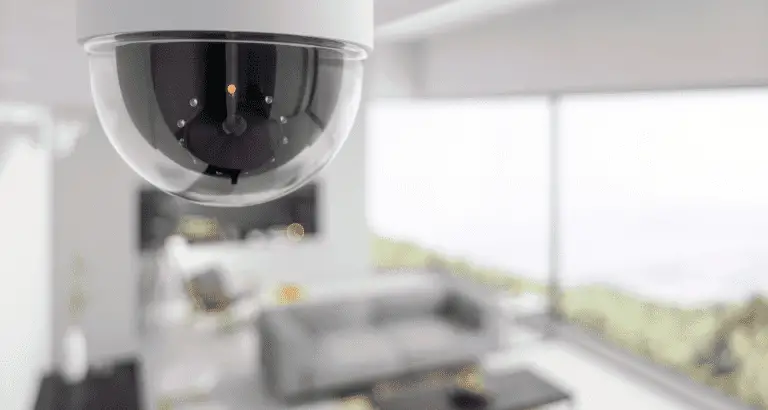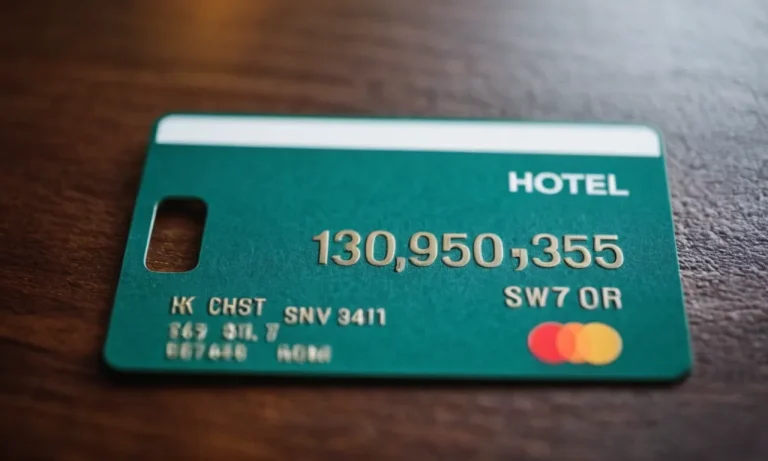How To Increase Hotel Revenue: A Comprehensive Guide
In the ever-competitive hospitality industry, maximizing revenue is a top priority for hotel owners and managers. With the right strategies and techniques, hotels can unlock new revenue streams, boost occupancy rates, and ultimately drive profitability.
If you’re short on time, here’s a quick answer to your question: To increase hotel revenue, focus on optimizing room rates, leveraging ancillary services, implementing effective marketing campaigns, enhancing guest experiences, and adopting revenue management strategies.
In this comprehensive article, we’ll delve into proven methods and actionable steps to help you boost your hotel’s revenue. From pricing strategies to guest loyalty programs, we’ll cover a wide range of tactics to ensure your property stays ahead of the competition.
Optimizing Room Rates
Effective room rate optimization is a critical strategy for maximizing hotel revenue. It involves leveraging data-driven insights and dynamic pricing techniques to set rates that align with market demand and consumer behavior.
By mastering this art, hoteliers can boost occupancy levels, enhance profitability, and gain a competitive edge in the market. 😎
Dynamic Pricing Strategies
Dynamic pricing, also known as revenue management, is a powerful approach that allows hotels to adjust rates in real-time based on fluctuating demand patterns. By utilizing advanced algorithms and machine learning models, hotels can analyze historical data, market trends, and competitor rates to determine the optimal room prices.
This agile pricing strategy enables hotels to capitalize on peak periods and maximize revenue during high-demand seasons or events. According to Revenue Analytics, hotels that embrace dynamic pricing can see an average revenue uplift of 10-15%. 💰
Demand Forecasting and Inventory Management
Accurate demand forecasting is the foundation of effective room rate optimization. By analyzing historical booking data, market trends, seasonality patterns, and external factors (such as local events or holidays), hotels can anticipate future demand and adjust their inventory accordingly.
Advanced revenue management systems, like those offered by Duetto, employ machine learning algorithms to provide highly accurate demand forecasts, enabling hotels to optimize their pricing strategies and maximize revenue potential. 📈
Additionally, efficient inventory management is crucial for balancing supply and demand. Hotels can leverage techniques like length-of-stay controls, overbooking strategies, and room type optimization to ensure they have the right mix of inventory available at the right time and price point.
By effectively managing inventory, hotels can avoid overselling or underselling, thereby maximizing revenue opportunities.
Competitive Rate Analysis
In the highly competitive hospitality industry, monitoring and analyzing competitor rates is essential for making informed pricing decisions. By leveraging tools like OTAInsight or RevNGO, hotels can gain valuable insights into their competitors’ pricing strategies, occupancy levels, and market positioning.
This data can then be used to adjust room rates strategically, ensuring they remain competitive while maximizing revenue potential. 👀
Furthermore, hotels should consider implementing rate parity strategies to maintain consistent pricing across various distribution channels, such as online travel agencies (OTAs) and their own websites.
This approach not only enhances brand reputation and customer trust but also helps prevent revenue leakage and maintain control over pricing strategies.
By embracing dynamic pricing strategies, leveraging demand forecasting and inventory management techniques, and conducting thorough competitive rate analyses, hotels can unlock the full potential of room rate optimization and drive significant revenue growth.
According to a study by Kalibri Labs, hotels that effectively optimize their room rates can see an average revenue increase of 7-12%. 💸
Leveraging Ancillary Services
Savvy hoteliers recognize that ancillary services can be a game-changer for boosting revenue. By offering additional amenities and services beyond the standard room rate, hotels can tap into a lucrative revenue stream and elevate the guest experience.
This comprehensive guide delves into the art of leveraging ancillary services to increase hotel revenue.
Upselling and Cross-selling Techniques
The art of upselling and cross-selling is a powerful tool in the hospitality industry. According to a study by Hotel News Resource, hotels that effectively implement upselling strategies can see a revenue increase of up to 25%.
Upselling encourages guests to upgrade to a higher room category or add-on services like spa packages or room service. Cross-selling, on the other hand, involves offering complementary products or services like airport transfers or local attraction tickets.
Implementing seamless upselling and cross-selling techniques through personalized recommendations and strategic offers can significantly boost ancillary revenue.
Enhancing Food and Beverage Offerings
Food and beverage services are a vital component of the hotel experience and a significant revenue generator. According to Statista, food and beverage accounts for approximately 25% of total hotel revenue. To maximize this revenue stream, hotels can:
- Offer unique and locally-inspired dining experiences
- Partner with renowned chefs or culinary experts
- Host themed dining events or wine tastings
- Provide in-room dining options with a curated menu
By elevating the food and beverage offerings, hotels can attract not only guests but also locals, creating a buzz and generating additional revenue.
Monetizing Amenities and Facilities
Hotels often boast a wealth of amenities and facilities that can be monetized to drive ancillary revenue. From spa services and fitness centers to business centers and event spaces, creative pricing strategies and strategic marketing can unlock new revenue streams.
For instance, offering day passes or membership programs for the hotel’s fitness facilities can attract local residents and generate recurring revenue. Similarly, marketing the hotel’s event spaces for weddings, conferences, or corporate retreats can significantly boost revenue.
Furthermore, hotels can explore partnerships with local businesses or service providers to offer unique experiences or packages. For example, collaborating with a nearby golf course or adventure tour operator to create exclusive packages for guests can add value and generate additional revenue.
By thinking outside the box and leveraging their amenities and facilities, hotels can tap into new markets and diversify their revenue streams.
In today’s competitive hospitality landscape, leveraging ancillary services is a strategic move that can set hotels apart and drive profitability. By embracing upselling and cross-selling techniques, enhancing food and beverage offerings, and monetizing amenities and facilities, hotels can unlock a world of revenue-generating opportunities and elevate the guest experience to new heights.
Effective Marketing Campaigns
In the ever-evolving hospitality industry, effective marketing campaigns are the cornerstone of driving revenue and attracting guests. By leveraging the power of online platforms, targeted promotions, and strategic partnerships, hotels can maximize their reach and entice potential customers.
Let’s dive into the key elements of successful marketing campaigns.
Online Marketing and Social Media Strategies
In the digital age, a robust online presence is crucial for hotels. By optimizing their websites for search engines, utilizing pay-per-click advertising, and engaging with potential guests on social media platforms like Facebook, Instagram, and Twitter, hotels can increase their visibility and reach a wider audience.
According to Statista, over 60% of travelers now book their accommodations online, highlighting the importance of a strong digital marketing strategy.
Additionally, user-generated content, such as reviews and social media posts, can significantly influence a hotel’s reputation and bookings. Encouraging guests to share their experiences and responding promptly to feedback can foster a positive online presence and build trust with potential customers.
Targeted Promotions and Packages
Tailoring promotions and packages to specific market segments can be a game-changer for hotels. By analyzing guest data and preferences, hotels can create targeted offers that resonate with their desired audience.
For example, offering family-friendly packages during school breaks or romantic getaways for couples can increase bookings and revenue during specific periods.
Furthermore, partnering with local attractions, restaurants, or event organizers can create unique experiences and packages that appeal to different demographics. These collaborations not only provide added value for guests but also increase exposure and cross-promotion opportunities for the hotel.
Leveraging Online Travel Agencies (OTAs)
While maintaining a strong direct booking channel is crucial, partnering with reputable Online Travel Agencies (OTAs) like Booking.com, Expedia, and TripAdvisor can significantly expand a hotel’s reach and visibility.
OTAs offer a vast customer base and powerful marketing platforms, making it easier for hotels to showcase their offerings and attract potential guests.
However, it’s important to strike a balance between OTA commissions and direct bookings. Hotels can incentivize direct bookings through exclusive offers, loyalty programs, or package deals to maintain a healthy revenue mix.
According to Phocuswright, OTAs accounted for approximately 28% of online hotel bookings in 2022, highlighting their significance in the industry.
By combining these marketing strategies, hotels can effectively increase their revenue and establish a strong presence in a competitive market. Don’t underestimate the power of a well-executed marketing campaign – it can be the key to unlocking your hotel’s full potential! 😎
Enhancing Guest Experiences
In the highly competitive hospitality industry, enhancing guest experiences is paramount for increasing hotel revenue. A satisfied guest is not only more likely to return but also to recommend the establishment to others, driving repeat business and positive word-of-mouth marketing.
Here are three key strategies to elevate the guest experience and boost your hotel’s bottom line.
Personalized Service and Attention to Detail
Personalized service is the cornerstone of a memorable guest experience. By going the extra mile to anticipate and cater to individual preferences, hotels can create a sense of exclusivity and make guests feel truly valued.
This could involve remembering a guest’s favorite beverage or dietary restrictions, offering tailored amenities, or providing thoughtful surprises like a handwritten welcome note or a complimentary upgrade.
According to a study by McKinsey & Company, personalized experiences can boost revenues by up to 15% for hotels.
Loyalty Programs and Repeat Business
Loyalty programs are a powerful tool for fostering repeat business and increasing customer lifetime value. By offering exclusive perks, discounts, and rewards to loyal guests, hotels can incentivize them to return and create a sense of brand affinity.
Additionally, loyalty programs provide valuable data insights into guest preferences and behavior, enabling hotels to tailor their offerings and marketing strategies accordingly. A study by Hotel Management found that loyal guests spend up to 67% more per stay than non-members.
Leveraging Guest Feedback and Reviews
Guest feedback and online reviews are invaluable sources of insights for improving the guest experience and driving revenue. By actively soliciting and responding to feedback, hotels can identify areas for improvement, address concerns promptly, and demonstrate their commitment to guest satisfaction.
Positive reviews can also serve as powerful marketing tools, influencing potential guests’ booking decisions. According to a study by Revinate, 94% of travelers read online reviews before booking a hotel, and 79% are influenced by those reviews.
By implementing these strategies, hotels can create exceptional guest experiences that foster loyalty, drive positive word-of-mouth, and ultimately increase revenue. It’s a win-win situation – happy guests lead to a thriving business. 😊
Conclusion
Increasing hotel revenue is a multifaceted endeavor that requires a strategic approach and a commitment to excellence. By implementing the strategies outlined in this article, you can unlock new revenue streams, boost occupancy rates, and ultimately drive profitability for your hotel.
Remember, success in the hospitality industry hinges on delivering exceptional guest experiences, staying ahead of industry trends, and continuously adapting to changing market dynamics. Embrace innovation, leverage data-driven insights, and foster a culture of continuous improvement to ensure your hotel remains competitive and profitable in the long run.







